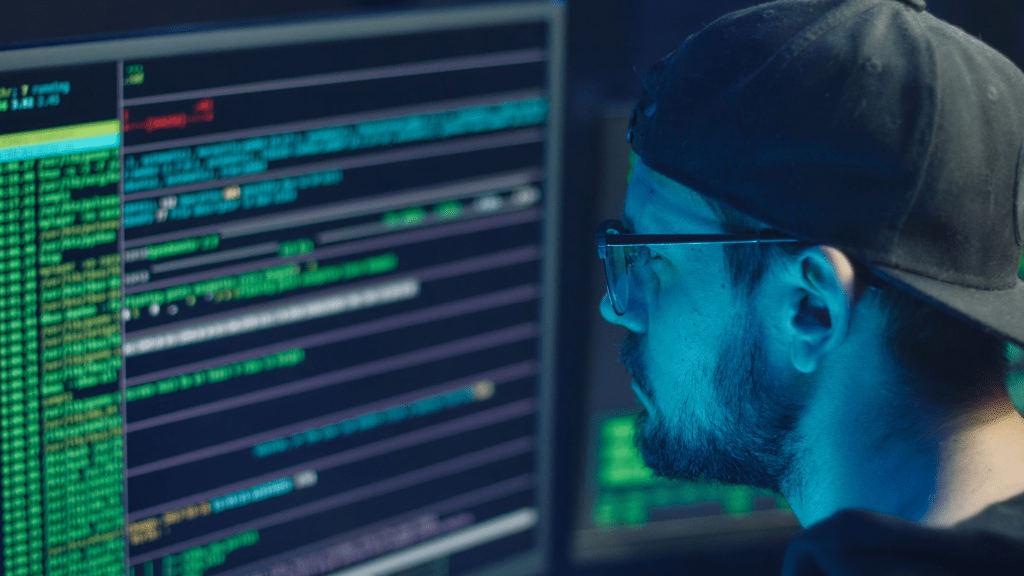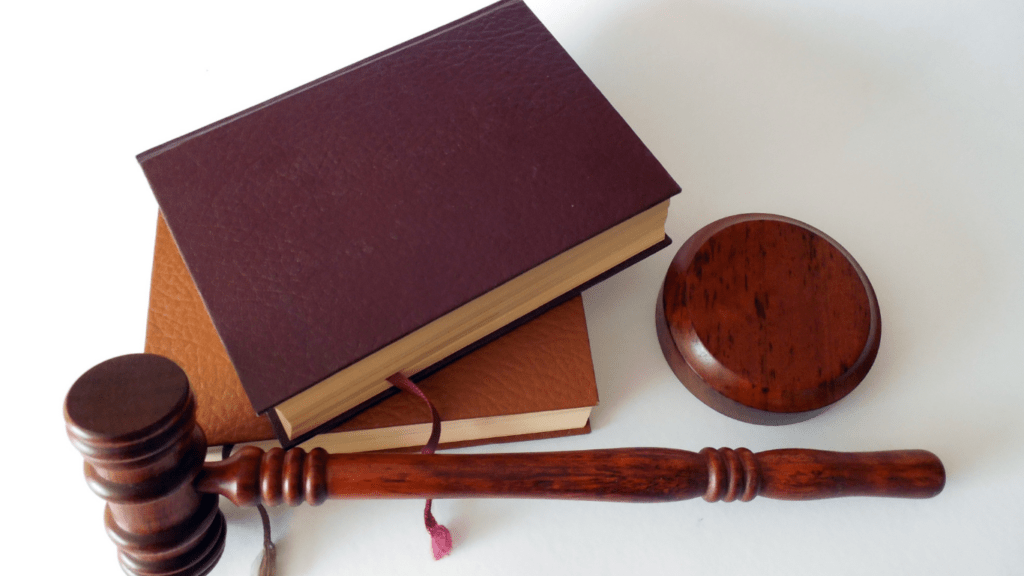Venturing into the realm of decentralized finance (DeFi) unveils a fascinating landscape where innovation and governance intertwine seamlessly. In this digital ecosystem, Decentralized Autonomous Organizations (DAOs) have emerged as the trailblazers reshaping how DeFi protocols are governed.
As I delve into the intricate web of DAOs governing these protocols, a new paradigm of community-driven decision-making and transparent governance unfolds before me. Navigating the decentralized world of DeFi, one encounters a dynamic environment where DAOs wield power through smart contracts and decentralized voting mechanisms.
The evolution of DAOs marks a significant shift towards democratizing decision-making processes within the DeFi space. Join me on this exploration as we unravel the mechanisms through which DAOs are revolutionizing the governance of DeFi protocols, paving the way for a more inclusive and transparent financial future.
Understanding Decentralized Autonomous Organizations (DAOs)
Exploring Decentralized Autonomous Organizations (DAOs) unveils a groundbreaking approach to governance within DeFi protocols. DAOs operate autonomously through smart contracts, enabling transparent and community-driven decision-making processes.
These organizations are revolutionizing governance structures by providing a platform for decentralized voting, ensuring a more inclusive and participatory financial ecosystem.
Importance of DAOs in DeFi Protocol Governance
Decentralized Autonomous Organizations (DAOs) play a pivotal role in governing DeFi protocols, ensuring transparency, community involvement, and efficient decision-making processes.
Transparency and Decentralization
In the realm of DeFi protocol governance, DAOs bring a new level of transparency and decentralization. Through the utilization of smart contracts, DAOs enable programmable and transparent decision-making processes.
By removing centralized authorities and intermediaries, DAOs enhance trust among community members and ensure that actions are taken based on predefined rules encoded in the blockchain.
Community Involvement and Voting Rights
One of the key strengths of DAOs in governing DeFi protocols is the active involvement of community members in the decision-making process. DAOs provide individuals with voting rights proportional to their token holdings, allowing for a democratic and inclusive governance structure.
Community members can propose and vote on changes, upgrades, or new features, fostering a sense of ownership and empowerment within the ecosystem.
Challenges Faced by DAOs in Governing DeFi Protocols
Navigating the decentralized landscape of DeFi governance presents several challenges for Decentralized Autonomous Organizations (DAOs). Ensuring efficient decision-making processes while maintaining security and avoiding conflicts requires strategic solutions.
Below are key challenges faced by DAOs in governing DeFi protocols:
- Security Vulnerabilities: DeFi protocols operate in a decentralized environment, making them vulnerable to security breaches and smart contract bugs. DAOs need to continuously assess and enhance security measures to safeguard user funds and prevent potential exploits.
- Governance Coordination: Coordinating decentralized governance among a diverse group of stakeholders can be complex. DAOs must streamline communication channels, incentivize participation, and resolve conflicts effectively to reach consensus on important decisions.
- Regulatory Compliance: Adhering to evolving regulatory frameworks poses a significant challenge for DAOs operating in the DeFi space. Ensuring compliance while maintaining decentralization is a delicate balance that requires careful navigation and proactive measures.
- Risk Management: Managing risks associated with new DeFi protocols and innovations requires a thorough understanding of potential vulnerabilities and market dynamics. DAOs must implement robust risk management strategies to protect the ecosystem from financial losses and systemic risks.
- Token Holder Participation: Encouraging meaningful participation from token holders in governance processes is essential for the success of DAOs. Establishing mechanisms to engage and incentivize token holders to vote on proposals and provide valuable input is crucial for effective decision-making.
- Technology Scalability: As the DeFi ecosystem grows, scalability becomes a crucial challenge for DAOs in governing protocols efficiently. Developing scalable solutions that can accommodate a larger user base and transaction volume is essential to prevent congestion and ensure network sustainability.
By addressing these challenges proactively and implementing innovative solutions, DAOs can strengthen their governance structures and contribute to the continued growth and evolution of decentralized finance protocols.
Best Practices for Effective Governance by DAOs
Decentralized Autonomous Organizations (DAOs) have emerged as key players in governing DeFi protocols. To ensure effective governance, DAOs should adhere to best practices that promote transparency, community engagement, and decision-making efficiency.
Here are some essential strategies for optimizing governance by DAOs:
- Transparency and Accountability: Implement transparent decision-making processes to build trust within the community. Maintain a publicly accessible record of proposals, votes, and outcomes to foster accountability.
- Community Engagement: Encourage active participation from community members by creating channels for feedback and discussion. Host regular town hall meetings or forums to solicit input on key decisions and initiatives.
- Token Holder Involvement: Offer token holders voting rights proportional to their holdings to ensure a democratic governance structure. Facilitate voting on important matters such as protocol upgrades, changes, and resource allocations.
- Risk Management: Conduct regular risk assessments to identify and mitigate potential vulnerabilities in the governance system. Establish contingency plans to address emergencies or unexpected events that may impact the protocol.
- Compliance and Regulation: Stay informed about the evolving regulatory landscape to ensure compliance with relevant laws and guidelines. Collaborate with legal experts to navigate regulatory challenges and uphold the integrity of the governance framework.
- Technology Scalability: Embrace scalable technology solutions to accommodate the growing demands of the DeFi ecosystem. Continuously assess and optimize the technological infrastructure supporting DAO operations to enhance efficiency and performance.
By following these best practices, DAOs can uphold effective governance standards, empower community participation, and navigate the complexities of governing DeFi protocols successfully. Adhering to these strategies will not only strengthen the governance capabilities of DAOs but also contribute to a more resilient and inclusive decentralized financial landscape.





